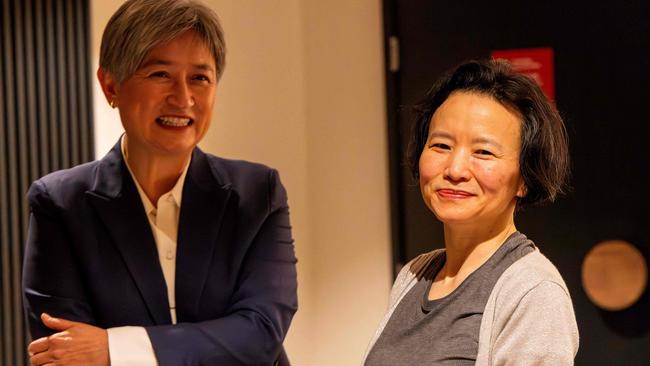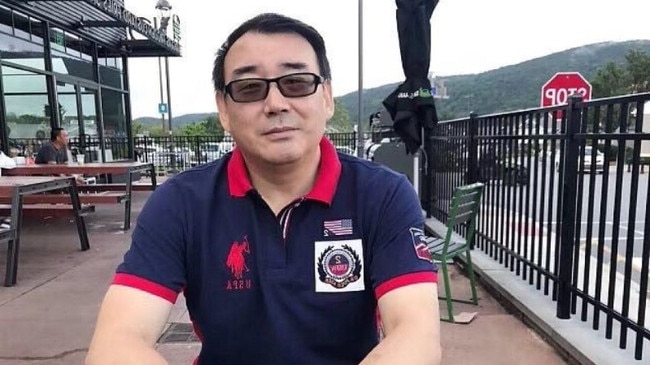
Her release, before Anthony Albanese visits China, is consistent with the remorseless logic of Beijing’s hostage diplomacy.
The trumped-up charges against her – that she carried out criminal activities which endangered Chinese national security – were entirely preposterous.
Her arrest and long imprisonment were undertaken to punish Australia, and to furnish Beijing with leverage to use against Australia.
The logic of hostage diplomacy is that you ultimately release the hostage.
The Albanese government, like the Coalition government before it, deserves credit for constant and sustained attention to her case, and advocacy on her behalf.
Australians can take some comfort from the knowledge that its government works hard for Australians in strife overseas.
Nonetheless, no Australian, neither the government nor anyone else, should be thanking Beijing, as though in releasing her they have done us a favour.
She never should have been detained in the first place. Equally, it is disturbing that there is no sign of progress, or release, for Yang Hengjun.

Unlike Cheng, Yang actually has criticised the Chinese government on the basis of human rights and democracy.
Like Cheng, he certainly should not be in jail, but unlike her, he is actually a political opponent of the Beijing government, in the most severe David-and-Goliath mismatch between a human being and an unrelenting government juggernaut.
The Albanese government must now be just as assiduous in seeking his release as it was in seeking Cheng’s release.
If the voice to parliament referendum is lost, as the polls suggest, the Prime Minister will want to energetically pursue other high-profile issues. He should be extremely careful in the way he conducts his China visit, and the rhetoric and expectations around it.
It would be folly to follow Gough Whitlam down the road of unrealistic expectations, politically fraudulent concessions and a pantomime, Panglossian view of China-Australia relations.
Beijing would certainly like the Albanese government to perform that way and will almost certainly provide some incentives for it to do so.
It is a wonderful thing that Cheng is free. All Australians rejoice in this news.
But the problems and challenges for Albanese in the China relationship, not least getting Yang released too, remain formidable.




The release and repatriation of Cheng Lei is a magnificent shaft of sunlight in a week of madness and gathering darkness.